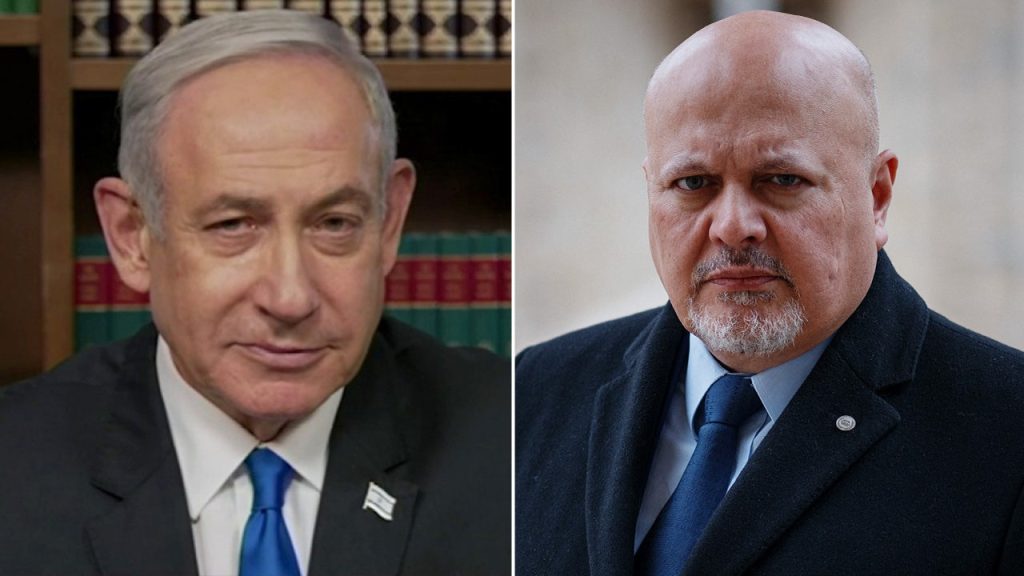The British chief prosecutor Karim Khan for the International Criminal Court (ICC) has authored an academic essay in 2013 that raises doubts about the court’s ability to provide due process to defendants, which calls into question his current effort to arrest Israeli Prime Minister Benjamin Netanyahu. Khan’s essay, titled “Defensive Practices: Representing Clients Before the International Criminal Court,” highlights various issues with the ICC, including the prosecutor’s reliance on anonymous summaries of witness evidence and deficiencies in evidentiary rules. Khan also mentioned that heightened publicity and media buzz surrounding cases can impact the defendant’s ability to receive a fair trial at the ICC.
In his essay, Khan pointed out that the public perception of guilt for clients suspected of committing international crimes is often shaped by well-financed civil society groups, NGOs, and international media even before the defendant appears in court. He also discussed the lower standard of proof required during the confirmation stage at the ICC compared to the beyond-a-reasonable-doubt standard needed for a conviction at the trial stage. Khan’s academic paper raises important questions about the fairness of the judicial process at the ICC and whether defendants can truly receive a fair trial when facing allegations of war crimes.
Despite the concerns raised in Khan’s essay, he recently requested the ICC issue arrest warrants against Netanyahu and Israeli Defense Minister Yoav Gallant for alleged war crimes during Israel’s campaign against the Hamas terrorist movement in Gaza. Israel’s government has labeled the ICC’s actions as a “vicious smear” campaign against Israeli leaders, and Prime Minister Netanyahu characterized the arrest warrant as indicative of the new antisemitism. Hamas, responsible for numerous atrocities including invading Israel, massacring civilians, and holding hostages, remains a significant threat that Israel is committed to defeating despite the legal challenges from the ICC.
Khan, who was also involved in representing former Liberian President Charles Taylor in a war crimes case, faced a contempt charge from the ICC in 2007 for his behavior during legal proceedings. The presiding judge warned Khan that his code of conduct does not override court orders, leading Khan to walk out of the courtroom. Khan’s actions during the Taylor case shed light on his approach to legal representation in challenging situations. Efforts to reach Khan and his co-author, Shah, for further comments on the content of the essay and their current actions at the ICC were unsuccessful as they did not respond to press queries and calls.
The ICC’s request for arrest warrants against Netanyahu and Gallant has drawn criticism, including from U.S. President Joe Biden, who called it “outrageous.” The lack of response from Khan and the ICC to media inquiries raises questions about their handling of the situation. Israel remains determined to combat terrorism despite legal challenges, and the ongoing conflict between Israel and Hamas highlights the complexities of international criminal law and justice. The controversy surrounding the ICC’s actions against Israeli leaders underscores the challenges and debates surrounding the pursuit of justice in the context of international conflicts and war crimes.


